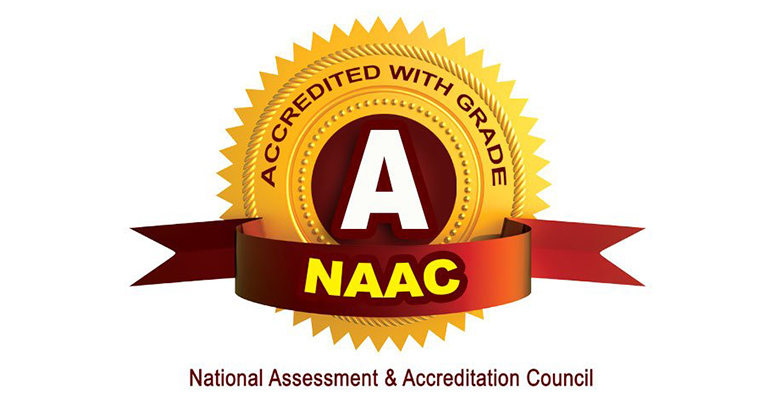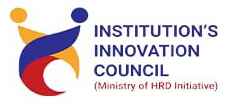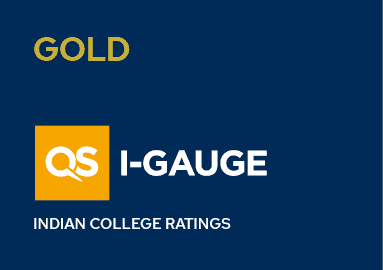Quality Initiative : 2.3.2
The faculty members in the institution are using Information and Communication Technology (ICT) tools very effectively to enhance the teaching-learning process among the students by creating interest in live concepts.
Infrastructure
- Faculty members produce the curriculum plan and specify the delivery technique as part of the teaching-learning process before starting each semester.Theory courses are taugh using PowerPoints Slides,while simulation and practical models are given utilizing Videos and ICT tools for a more visual effect on students' understanding.
- Well-equipped smart classrooms and smart board facilities help the faculty and students present PPTs and Videos effectively.
- Laboratories, classrooms, Seminar halls, Conference Rooms, Auditoriums, and Hostels are enabled with a Wi-Fi internet facility with a bandwidth of 500Mbps, which provides space for students to learn from e-resources update their skills.
Computer system laboratories with microphones, headsets and webcams help thefaculty members to handle online classes and record quality
- audio and video to update as an e-learning resource in YouTube channels and E-learning centre of college servers.
E-resources
- Advanced Digital Library with personal computers and Online Public Access Catalogue system makes easy access for students and faculty members.
- The e-resources are used like DELNET, INFLIBNET, NLIST, NDLI, Shodh Sindhu, Shodh Ganga, etc.
- The institute has purchased ejournals, and students can access those resources in the digitallibrary and get enough inputs for their project works.
Interaction platforms
- Study materials, assignments, activities, and assessments are conducted throughclassrooms, Google forms, Kahoot (online quiz, polls, and surveys). Online classes are conducted via Microsoft Teams, which helped the multimodal teaching and learning process, including videos, audios, ppts, website reference, and real-time analysis.
- Online lectures are now delivered using digital platforms. Students are given links for them. They can use file transfers, chat, and raise their hands to post questions.
- Virtual labs are online simulation-based labs for various courses of Computer Science and Engineering under the initiative of the Ministry of Education. That is used remotely by the students and helps the faculty to check individual practical performance among multiple students.
- Virtual labs are online simulation-based labs for various courses of Computer Science and Engineering under the initiative of the Ministry of Education. That is used remotely by the students and helps the faculty to check individual practical performance among multiple students.







